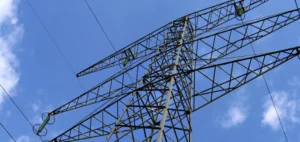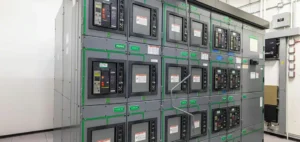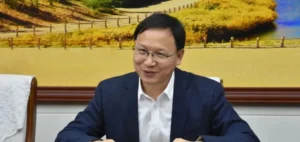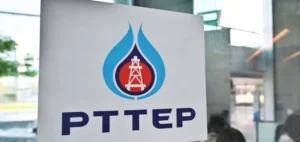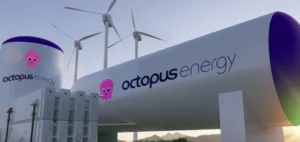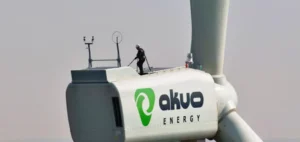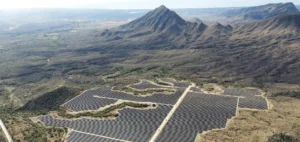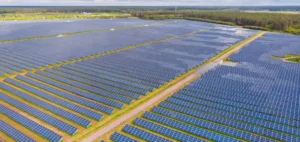The joint venture Novo Energy, established in 2021 by Volvo Cars and the Swedish battery manufacturer Northvolt, is undergoing a major shift. Volvo Cars, controlled by the Chinese group Geely, has announced its intent to buy out Northvolt’s stake in Novo Energy. According to the automaker, this decision stems from a breach of the shareholders’ agreement, with Northvolt failing to meet its financial obligations.
The initial aim of the joint venture was to construct a large-scale battery production plant to supply batteries for Volvo Cars and Polestar electric vehicles, the latter also being owned by Geely. This facility was intended to secure Volvo Cars a stable and reliable battery supply, a critical component for the future of electric mobility.
Significant Financial Challenges at Northvolt
Volvo’s decision to buy out Northvolt’s stake comes amid mounting financial challenges for the battery manufacturer. In late September, Northvolt announced a major restructuring plan involving the elimination of 1,600 jobs from its total workforce of 6,500. Additionally, the group suspended development on its primary production site in Skelleftea, northern Sweden, as part of efforts to adapt operations to a tight financial situation.
These constraints have led Northvolt to reduce the scope of its activities, refocusing on its core business model. The company will now concentrate exclusively on battery cell production, abandoning other parts of the production chain, such as cathode manufacturing and material recycling, deemed too costly.
An Uncertain Future for the Gothenburg Site
Last March, Volvo and Northvolt laid the first stone of their Gothenburg plant, a site near another Volvo Cars production facility. This plant was expected to play a strategic role in securing Volvo’s battery supply, allowing it to reduce reliance on external suppliers.
In its statement, Volvo Cars mentioned that it is reviewing “future scenarios to protect the investment.” However, the company clarified that battery production at this site could only begin once a new partner has been identified, raising questions about the continuity of this strategy and the financial implications of this change in partnership.
A Battery Market Undergoing Rapid Change
Northvolt’s situation highlights the challenges faced by battery manufacturers in a rapidly growing yet highly competitive sector. High production costs and profitability demands complicate large-scale projects like Novo Energy. With ever-increasing demand, the battery market remains under pressure to ensure production capacity while adhering to strict financial constraints.
For Volvo Cars, this situation underscores the need for a more resilient production strategy. The automaker will now need to rethink its approach to securing battery supply, a central element in its transition toward a fully electric vehicle lineup.



